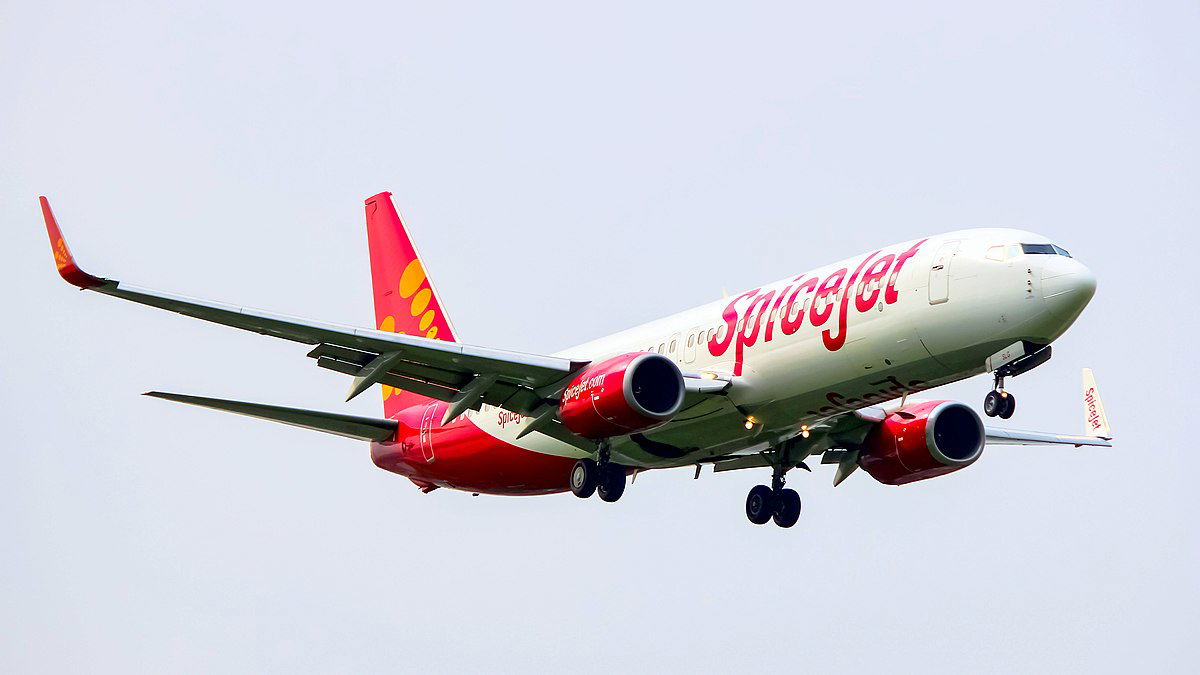The airline hopes the technology will enable it to save fuel and reduce carbon emissions
Indian domestic airline, SpiceJet has signed an agreement with WheelTug Plc to reserve 400 production slots for its electric taxi system.
The new system is set to cut fuel costs for the airline as well as limiting CO2 emissions, reducing noise levels and improving its fleets utilisation.

A SpiceJet spokesperson, commented: “SpiceJet is a strong advocate for reducing carbon emissions. By inducting WheelTug into its 737 operations, the company aims to reduce the fuel burn during taxi out and in.”
WheelTug’s system places high-torque motors in the nose wheels of the aircraft. Pilots are able to control the aircraft themselves, therefore eliminating the need for tugs to carry out manoeuvres.
The products manufacturers say emissions will be reduced by keeping the jet engines off in tight areas. SpiceJet’s gate and stand operations are also expected to be faster which will help the airline eliminate long delays.
Isaiah Cox, CEO of WheelTug, added: “Signing SpiceJet at this time shows both companies are looking forward to a strong recovery for the industry as the world responds to the COVID-19 crisis.”
Currently, more than 25 airlines which collectively have in excess of 2000 aircraft have reserved slots for the WheelTug system.

